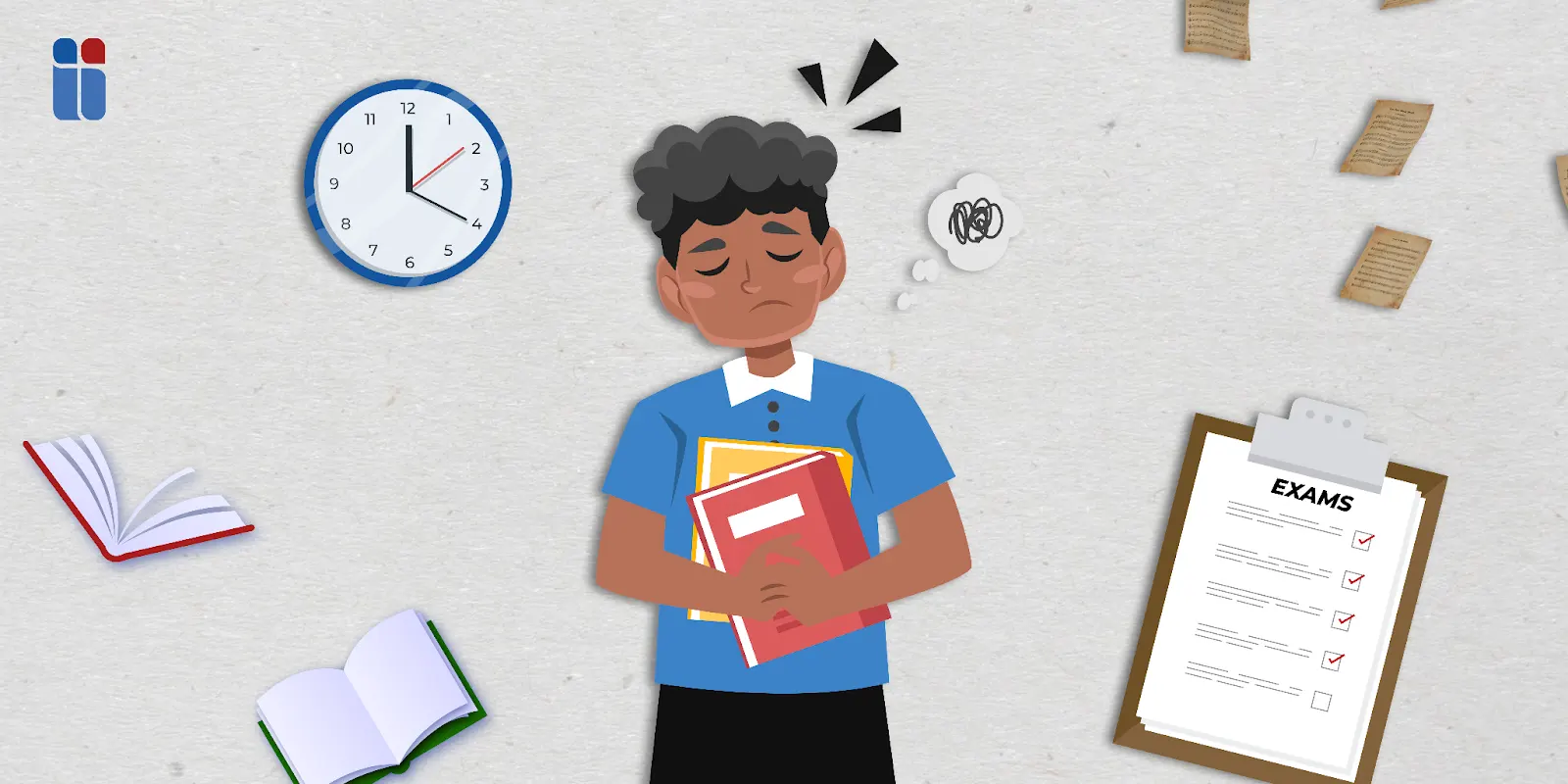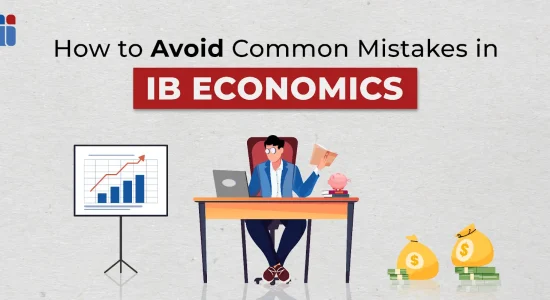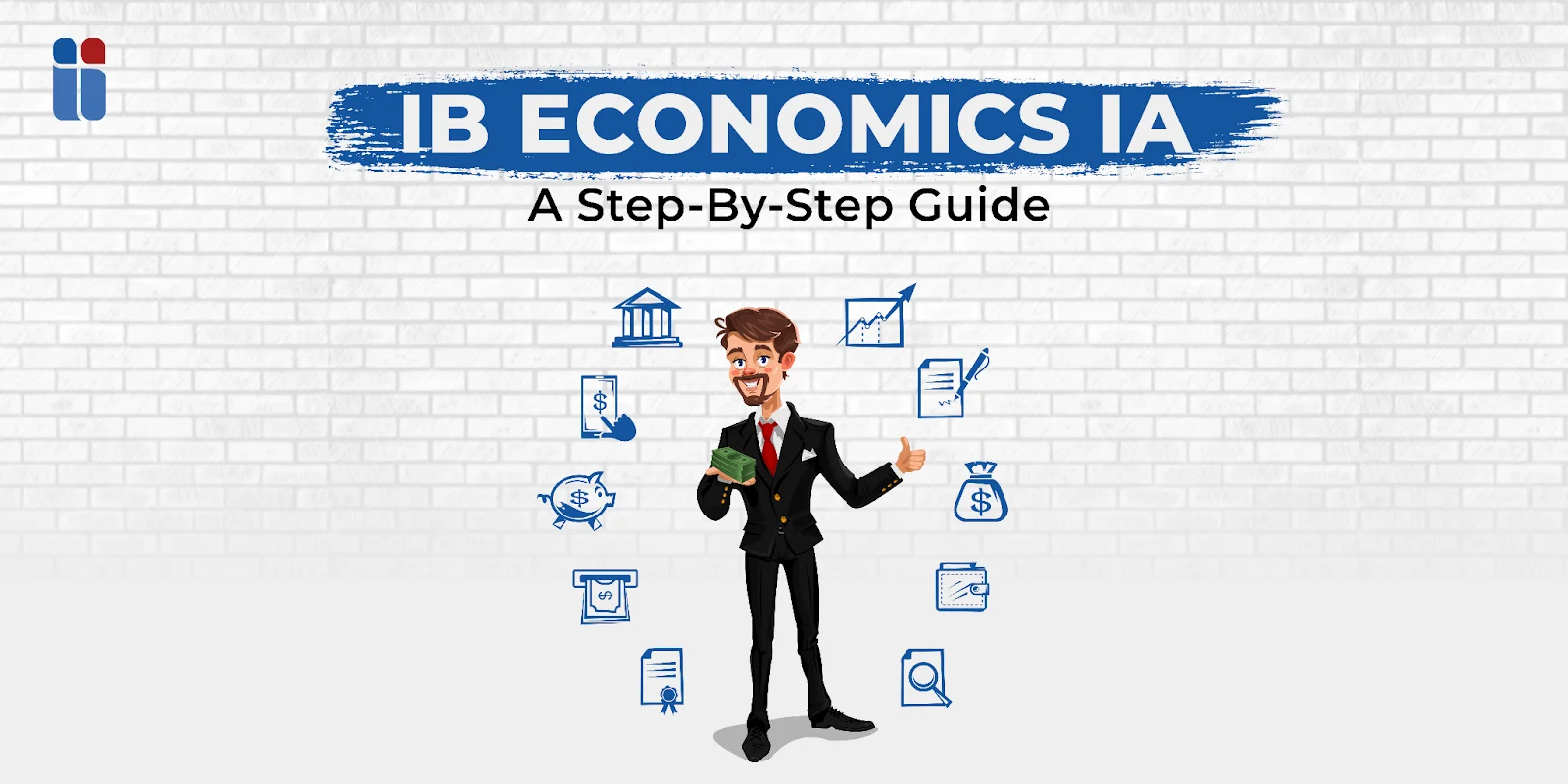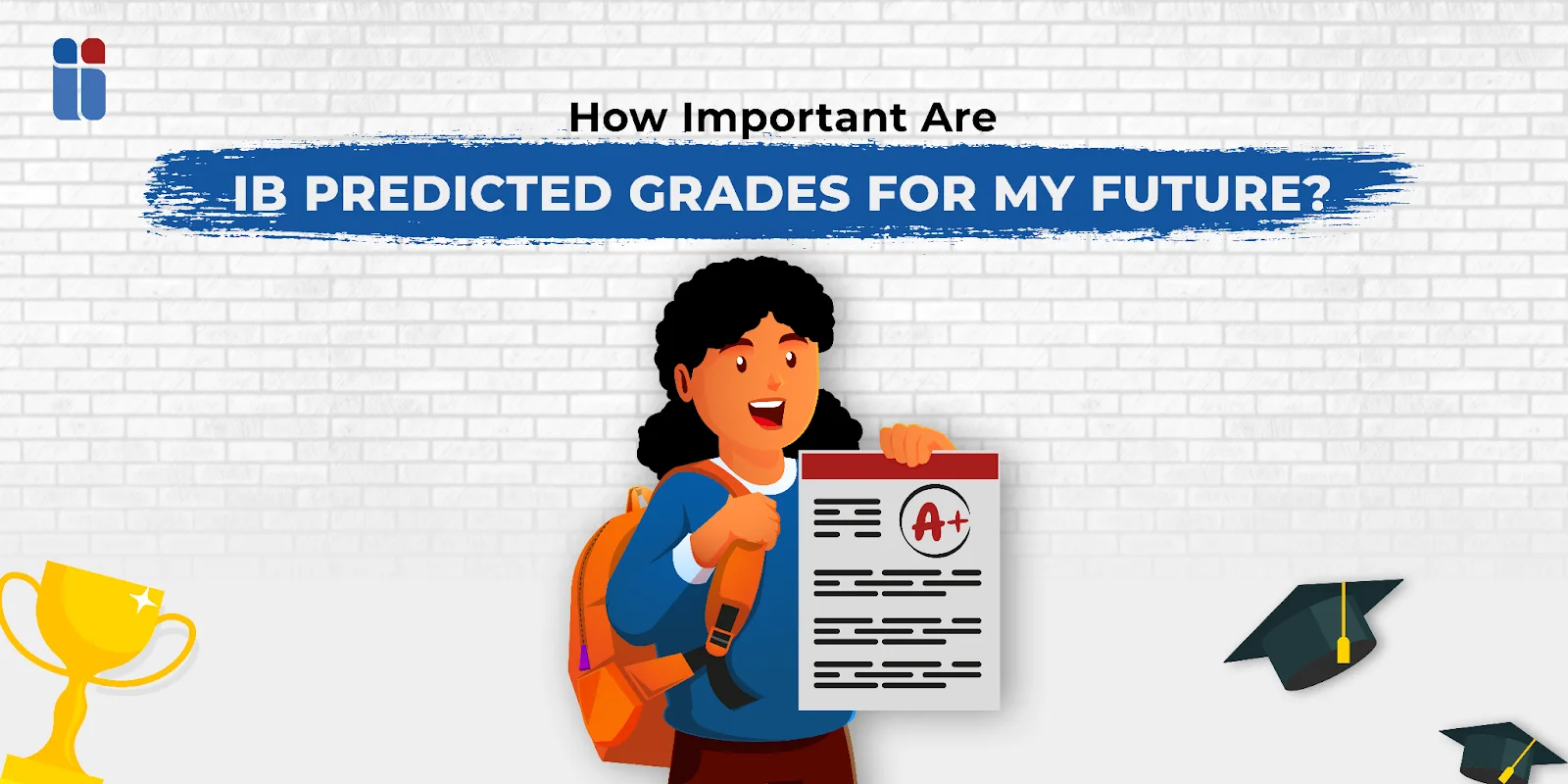When we hear about “Exams”, it instantly blows a chill in our spines because this term comes with a mixture of feelings like excitement, anxiety, and somehow the fear of the questions about to be asked!
However, these exams and assessments are meant to test the understanding of the subject matter. You can easily secure good grades by applying expert-led tips and tricks.
Today, we will go through the list of commonly practiced mistakes to avoid in the IB Economics exam. So, buckle up to start the journey with us!
Note: We’re among the top IB tutors in the business, we try to guide the students in the best possible way. The following article is thoroughly described for you by the experts of IB Innovators
Answer To “What is IB Economics” In A Nutshell
- IB Economics comes in the Individuals and Societies group, the course aims to help learners understand economic activities in the global context.
- The course content includes concepts about microeconomics, macroeconomics, international economics, and development economics, supported by theories and real-life examples.
- Explains the effects of scarcity on the markets and the economy’s performance about policy effects on various economies.
- Two levels of exams, that are:
a. The first one is Standard Level (SL) where students have two external assessments.
b. The second one is Higher Level (HL). The students have three external assessments to test their knowledge of economic principles and their ability to apply the theories. - The mix of short-answer and descriptive questions requires an explanation of economic models, analysis using economic theories, and evaluation of economic activities and policies.
- Exams include questions that require interpretation and discussion of provided economic data.
Find out more about IB Economics here!
How To Study for the IB Economics Exam?
Are you ready to get a head start on your IB Economics exams? Now it’s time for some tips that will make this subject a breeze and ensure you get those grades you’ve dreamt of!

Syllabus and Exam Structure:
Let’s start with the basics, and that is familiarizing yourself with your syllabus. It’s like the map that provides all the locations of treasures (or in this case, the topics). Ensure that you know what is expected of you in each paper. This will help you during your study sessions. It is all about efficient learning!
Using Real-life Examples In The Economic Theories:
Economics is not about theories in the books; it is about the real world! It is helpful to attempt to relate what you are learning to events taking place globally. This not only makes the subject more interesting but also makes you remember and apply concepts much better.
Therefore, watch the news and start thinking like an economist by slightly applying what you’ve studied in the textbook to real-life events!
Look At This Real-life ExampleOn the release of a new gaming console, initial supply is low and demand is high, leading to inflated prices. As production increases and supply catches up, prices gradually fall. |
Strategic Use of Past Papers:
Honestly, there is so much practice that you can get from past papers that it’s unbelievable. They are ideal for familiarizing yourself with the kind of questions you will encounter and for the timing. Try to solve these regularly.
Essay Writing and Structuring of Argument:
A good essay is not just about knowing the content, it is about presenting it in an orderly manner. First of all, it is necessary to begin with a proper introduction, then develop the main body of the text where the arguments and proofs should be presented and finally, the conclusion should be made. Writing is something that gets better over time so continue to refine those writing skills.
Data Analysis Skills:
Charts and figures are not there to make your textbook look more professional; they are there to support your claims. Learn how to read and understand these visuals. It’ll make a big difference in how you approach data response questions and essays.
Keep in MindThe IB Economics exams have specific time allocations for each paper: Standard Level (SL): IB Economics Paper 1: 1 hour and 15 minutes IB Economics Paper 2: 1 hour and 45 minutes Higher Level (HL): IB Economics Paper 1: 1 hour and 15 minutes IB Economics Paper 2: 1 hour and 45 minutes IB Economics Paper 3: 1 hour and 45 minutes |
Common Mistakes in IB Economics Exams
Not Using the DEED Method:
Remember this method at your fingertips; DEED: Definitions, Explanations, Examples, Diagrams is your best friend in the exam. It helps you keep your answers organized and easy to understand. Do not forget to use it; it is a real help!
Poor Diagram Usage:
Diagrams are handy in Economics examinations and are as valuable as gold. If done right, they can get you lots of low-hanging fruits. Practice these sketches quickly and accurately.
Time Mismanagement:
The clock can be an enemy during exams! Time yourself and take it easy. Ideally, it is wiser to assign a certain amount of time for each section and adhere to it. Nobody wants to spend time and effort answering one question and leaving three others unanswered! Remember, practice makes the man perfect!

Weakness in Data Response Questions:
These can be challenging, but they are not as difficult if you are ready for them. Learn to work with various forms of data and questions regarding it. The more you practice the faster and more accurate you will become at the task at hand. Do not get caught up in these questions.
Lack of Concentration
Do not lose your temper and do not get distracted. The exam rooms can be stressful, but with enough practice and a few deep breaths, you will get your zen on and destroy those questions.
Neglecting Tuition Benefits:
As with many subjects, a bit of assistance can make a lot of difference, and this is where IB Economics tutoring can come in handy. Tuition can give the student individual focus, time for questions to be explained, and individual feedback that can enhance the student’s knowledge and exam techniques. If you are in a stressful situation or simply want to have more chances to succeed, you can use this as an option.
Do you need more help? Join our 1 on 1 IB Tutoring Session.
So, What’s The Best Suggestion?
And that’s it! Your ultimate checklist to scoring high in IB Economics exams and avoiding those common pitfalls. Do not forget that knowledge and strategy are your major assets. Therefore, apply these tips to enhance your studies and do well in your class. Also, feel free to contact our IB tutors for more insights and exam preparations.
FAQs
What are the common mistakes in reasoning about economics?
Some of the common errors in economic thinking are: confusing cause with effect, the tendency to see the economy in black and white terms, and the fallacy of composition. Such errors may cause misunderstandings of economic trends and development and incorrect policy prescriptions.
How do you evaluate in IB economics?
When you evaluate IB economics, you look at the relative merits and demerits of the economic theories and policies in question, about different viewpoints and possible consequences. Evaluation means talking about what happened in the short and the long run, who was it good or bad for, and what else happened as a result.
Is IB economics hard?
IB Economics is a challenging course since it covers micro and macroeconomics alongside international economics. It also involves the analysis of data and theories. But if certain concepts are well understood and well prepared for then one can easily handle it.
How can I find the best IB Economics tutor?
You don’t need to go far! Get enrolled in our IB Economics tutoring sessions where you will get dedicated guidance from our top-notch IB tutors.







